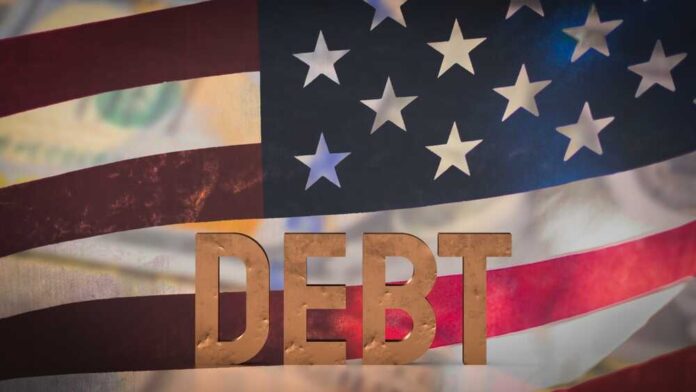
The U.S. Treasury has asked government agencies if they can make payments “at a later date” to prevent a possible default in early June as the debt ceiling standoff between President Joe Biden and GOP members of Congress continues.
Reports are that Treasury Secretary Janet Yellen and the Biden administration are taking this action in an effort to delay the day the United States stops having sufficient funds to meet its financial obligations.
According to a memo from Treasury’s Fiscal Assistant Secretary David Lebryk, he urged the importance of the agency’s updates to ensure that the agency’s reports are accurate. He said for the critical period, it is essential that reporting offices verify the accuracy of reported amounts by comparing them to actual payment activity.
The memo required the agency to notify the Treasury at least two days before any “deposits and disbursements” of $50 million to $500 million, and five days before any payments of $500 million or more.
Reiterating her view that the Treasury’s finances will dry out in early June, maybe by June 1, if the debt limit is not lifted allowing the US to borrow enough to pay its payments, Yellen issued a letter to Republican House Speaker Kevin McCarthy on Monday.
She wrote that with an additional week of information now available, she was writing to note that they estimate that it is likely that the Treasury wouldn’t be able to cover all of the government’s debts if Congress has not acted to raise the limit by early June, or even as early as the first of June.
These projections are based on the most up-to-date information available, but actual federal revenues, expenditures, and debt could differ. As new details emerge, she will keep Congress informed.
McCarthy and Biden met on Monday to discuss the matter, and while they both said the meeting was “productive,” they were unable to reach a consensus.
According to Yellen, if the standoff persists, it will seriously harm consumer and business confidence, negatively impact the United States’ credit rating, and raise short-term borrowing costs for taxpayers.
She wrote that borrowing costs for Treasury notes maturing in early June have risen “substantially” already.
If Congress does not lift the debt ceiling, it will have a devastating impact on American households, damage our reputation as a world leader, and cast doubt on our capacity to protect our national security.













